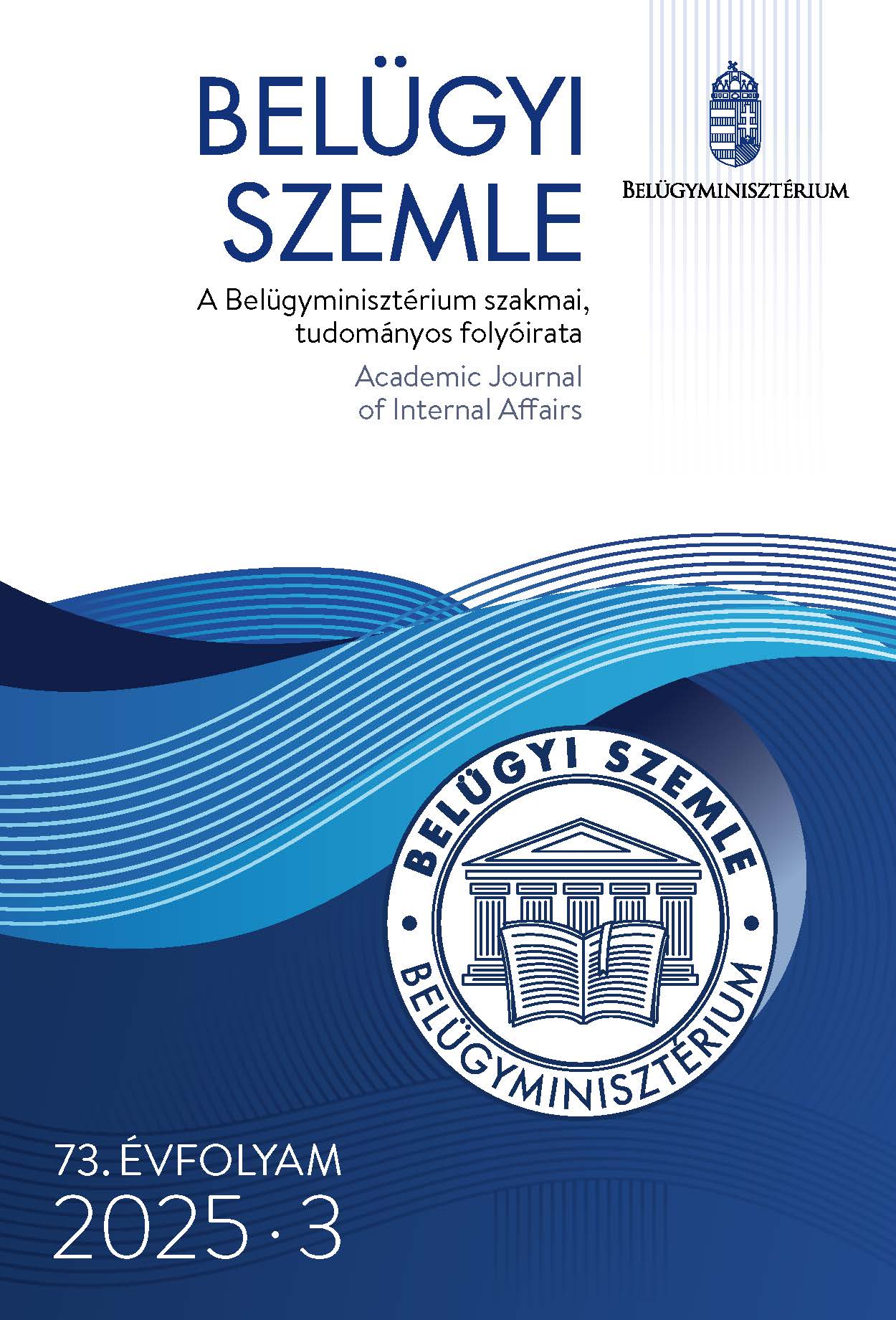Abstract
Aim: This study seeks to rigorously examine the impact of the decentralized political structures instituted by the Dayton Peace Agreement on Bosnia and Herzegovina. Particular attention is devoted to the dynamics of ethnic-based power-sharing, the underlying causes and ramifications of economic stagnation, and the structural and operational impediments to the execution of political reforms. Collectively, these elements critically shape the country's stability and prospects for sustainable long-term development.
Methodology: This research adopts a robust interdisciplinary framework integrating content analysis, comparative analysis, and network analysis as its core methodological approaches. This multifaceted structure facilitates a comprehensive exploration of political, social, and economic processes, emphasizing their interconnected dynamics. While maintaining a commitment to objectivity, the analysis is enriched by the incorporation of personal insights and cultural familiarity with the region, offering a nuanced perspective on the local context. The study prioritizes the examination of reports from international organizations, including the United Nations (UN), the Organization for Security and Co-operation in Europe (OSCE), and the European Union (EU), which serve as pivotal data sources to underpin the reliability and validity of the findings. A primary objective is to assess the scope and depth of the international community’s influence on contemporary Bosnia and Herzegovina. Complementing this, a systematic review of relevant academic literature, critical analyses, and scholarly works were undertaken to address the research questions comprehensively and rigorously.
Findings: The analysis identifies persistent political deadlocks among Bosnia and Herzegovina's entities and the entrenched nature of ethnic-based political practices as principal barriers to effective governance reform. These phenomena not only obstruct the implementation of essential reforms but also significantly impair the nation's economic performance and impede progress toward European Union accession. The constitutionally mandated decentralized political architecture amplifies these challenges, complicating state-level decision-making by introducing structural inefficiencies and exacerbating conflicts of interest. Furthermore, the erosion of social cohesion undermines domestic political stability and poses a substantial impediment to the successful execution of internationally recommended reforms and developmental initiatives. These factors collectively perpetuate and deepen Bosnia and Herzegovina’s political and economic vulnerabilities.
Value: The study contributes original and innovative insights to the academic discourse on Bosnia and Herzegovina by offering a holistic understanding of the nation's intricate political, social, and economic challenges. It advances actionable recommendations designed to bolster political stability, enhance societal collaboration, and foster sustainable economic development. Emphasis is placed on strengthening synergies between the European Union and domestic stakeholders as a critical enabler for the successful implementation of reforms. Moreover, the study highlights strategies to optimize the utilization of international support mechanisms, positioning them as pivotal drivers of long-term progress and stability in the region.
References
Halász I. (2014). Nemzetközi elem szerepe a balkáni államépítésben tegnap és ma. In Politikai krízisek Európa peremén: A Kaukázustól a Brit-szigetekig (pp. 273–291). Magyar Napló Kiadó.
Ibričević, A. (2024). Decided return migration: Emotions, citizenship, home and belonging in Bosnia and Herzegovina. IMISCOE Research Series. Springer. https://doi.org/10.1007/978-3-031-58347-6
Juhász J. (2009). Bosznia-Hercegovina 2006 óta: Az államépítés kudarca? Nemzet és Biztonság, 2(1), 11–19.
Juhász J., Márkusz L., Tálas P., & Valki L. (2003). Kinek a békéje? Háború és béke a volt Jugoszláviában. Zrínyi Kiadó.
Kemenszky Á. (2014). A nemzetközi területi adminisztráció balkáni modelljei: Bosznia-Hercegovina és Koszovó [PhD értekezés, Budapesti Corvinus Egyetem]. Corvinus Egyetemi Könyvtár. https://phd.lib.uni-corvinus.hu/732/1/Kemenszky_Agnes.pdf
Kemenszky Á. (2016). Bosznia-Hercegovina, a mozaikosra töredezett állam. Mediterrán és Balkán Fórum, 10(1–2), 41–52. http://www.mbforum.hu/wp-content/uploads/2016/12/41_Mediterrán-és-Balkán-Fórum_X_1_2_1.pdf
Márkusz L. (2010). Bosznia-Hercegovina: Tizenöt évvel Dayton után. Nemzet és Biztonság, 3(6), 30–39. http://nemzetesbiztonsag.hu/cikkek/markusz_laszlo-bosznia_hercegovina__tizenot_evvel_dayton_utan.pdf
Riez E. (2023). Bosznia-Hercegovina politikai instabilitása: etnikai megosztottság és reformkésedelem. Szakcikk Adatbázis. https://szakcikkadatbazis.hu/doc/2734905
Schreuer, C. (1999). The Brčko Final Award of 5 March 1999. Leiden Journal of International Law, 12(3), 575–581. https://doi.org/10.1017/S0922156599000291

This work is licensed under a Creative Commons Attribution-NonCommercial-NoDerivatives 4.0 International License.
Copyright (c) 2025 Academic Journal of Internal Affairs

